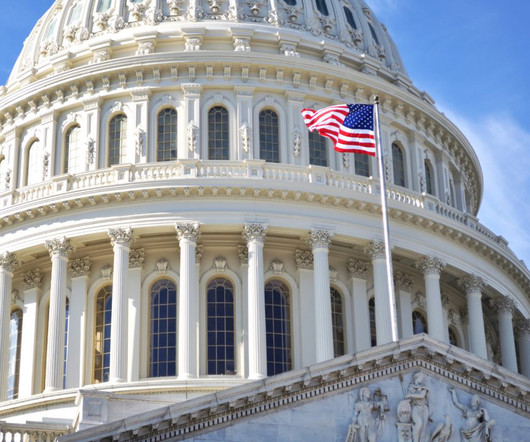How to Restore Community Economies: Reestablishing the Right to Associate
NonProfit Quarterly
NOVEMBER 13, 2024
In the first half of the 20th century, the crisis of rural electrification ended when the government enabled neighbors to access loans for building their own electric co-ops. Mutualists do not expect governments to solve their problems for them, but Horowitz stresses that enabling public policy is necessary for mutualism to flourish.














Let's personalize your content